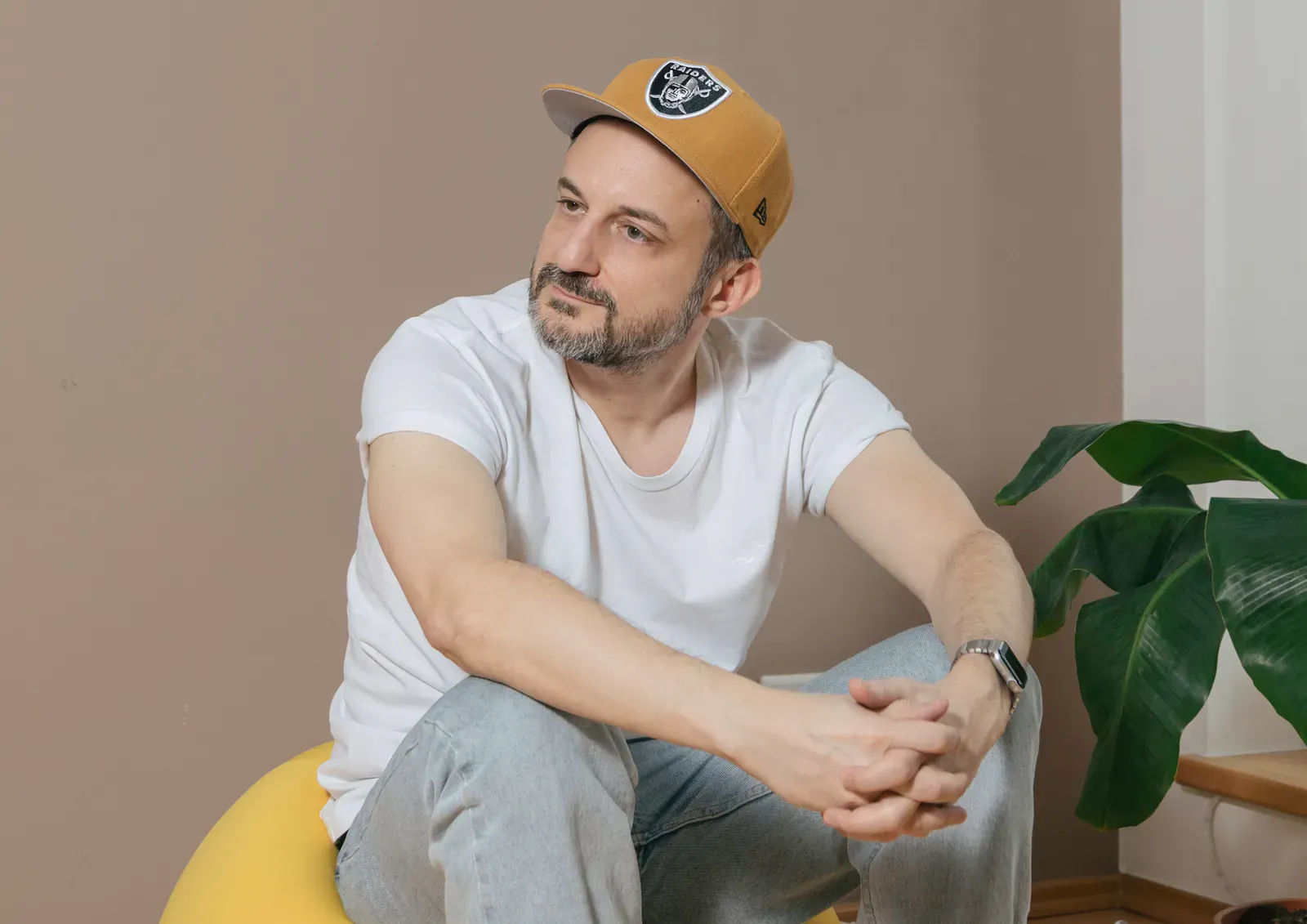Twitter under Elon Musk: back up your Twitter community!
Guest post by Gabriel Yoran, Steady co-founder

For more than a decade, I've been in a love-hate relationship with Twitter. (S'ouvre dans une nouvelle fenêtre) The platform kills my attention span, sucks my free time, and often challenges my belief in the goodness of humankind. But Twitter is also full of many fantastic, kind, entertaining, intelligent folks. A place where you can learn from people who know more than you. Twitter has cost me sleepless nights, but it has also given me friendships that have lasted many years. For business, Twitter is also great. I'm one of the co-founders of Steady, and a lot of the media people who use Steady today, I first met on Twitter. Over the years, I've written thousands of nonsense tweets, which I developed into two books, and got published by a one-woman publishing house that I came to know of through Twitter (shameless plug).
With Elon Musk, Twitter now belongs to a person who is madly successful by common (not all) standards, but who is notorious for his erratic decision-making. The US Securities and Exchange Commission has already called out Musk several times for manipulating stock prices with his tweets. His first move as Twitter’s CEO was to fire 50% of the workforce, then he had to quickly paddle back and ask some of those fired to come back again because they are needed for Twitter's future after all. Musk's ideas about whether moderation is necessary for a social network, or whether you can say anything on Twitter, change depending on the mood. Most recently, Musk issued an election recommendation "for independent-minded people" in the U.S. midterm elections: they should vote Republican because the president is already a Democrat. Just a quick reminder: Republicans have not condemned the attack on the U.S. Capitol on January 6, 2021, and are running several candidates who continue to talk about the “stolen” 2020 election.
Twitter is heavily in debt and Musk wants to make the company profitable quickly. He is reportedly considering putting all of Twitter behind a paywall. But as it's Elon Musk, this could be true or it could now be false, or maybe it was all just a joke or trolling or whatever else you do as the richest man in the world. So what happens next is completely unclear, but I've decided to do two things:
First: Set up a Steady page as a backup for my Twitter community
It took just a few minutes for me to set up this Steady page (S'ouvre dans une nouvelle fenêtre). I can use it for blogging and I can also send the posts as newsletters instantly. Most importantly though, I can collect my followers' email addresses there so we don't lose contact if I ever end up leaving Twitter altogether. Using all these features on Steady is free, and even though I don't know exactly what I'm going to do on my Steady page yet, it makes me feel assured that I am not going to lose all of my connections to my Twitter followers if something were to happen.
Steady adheres strictly to EU data protection laws (known as GDPR), and if you promise not to completely spam your audience, why wouldn't they subscribe to your newsletter? Email addresses are perhaps the most direct way for you to connect to your fans. You also don't need to offer paid memberships on your Steady page, but it's good to know you could if you ever want to monetize your audience through memberships.
Second: Create a Mastodon account as an alternative to Twitter
Mastodon is kind of like Twitter, but it’s a non-profit org and not owned by one person. Like email, there are a few different servers and you pick one. There is also a crossposter (S'ouvre dans une nouvelle fenêtre) feature, so you can automatically parallel-post on Twitter and Mastodon. This has helped me a lot with the transition. Here’s a nice tutorial by TechCrunch (S'ouvre dans une nouvelle fenêtre) on how to create a Mastodon account.
Mastodon is the brainchild of German software developer Eugen Rochko, who you can support on Patreon (S'ouvre dans une nouvelle fenêtre). He could use the money right now, because Mastodon is becoming extremely popular and needs more servers, and staff, of course. (And Eugen, if you're reading this, come to Steady, we're located in Berlin, you’ll save on the currency conversion, unlike Patreon we don’t have a payout fee, and we'll set up everything for you).
Create your free Steady page (S'ouvre dans une nouvelle fenêtre) and ask your followers to subscribe to your Steady newsletter.
And then we’ll take it from there.
If you need help moving your existing community or importing a mailing list to Steady, write to us at support@steadyhq.com and we'll be happy to help.
Gabriel Yoran is an entrepreneur and author. He did his PhD on Speculative Realism under Graham Harman at the European Graduate School. Previously, he studied Social and Business Communication at the UdK Berlin. He is co-founder of several companies (Steady, Steganos, aka-aki) and writes texts for Krautreporter, Zeit Online, Übermedien and taz. In 2019, his book "Aussprachehilfen" (Frohmann) was published, in 2020 "Klassik verstehen" (Krautreporter) and in 2021 "The Interfact" (Open Humanities Press) as well as, together with Christoph Rauscher, "Warum heißt es Traum und nicht Memoryschaum" (Frohmann).
Photo: Alexander Gehring


